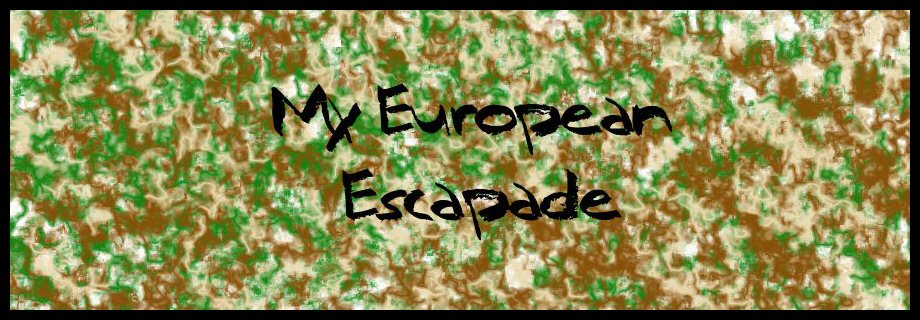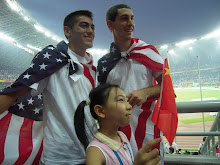Monday, September 15, 2008
Happy Mid-Autumn Festival
If I was home, I'd give you a moon cake. This festival takes place on the 15th day of the 8th months in the Chinese calendar--this year, that day is September 14. Celebration traditionally involved eating moon cakes and worshiping the moon. The festival has a long history. In ancient China, emperors followed the rite of offering sacrifices to the sun in spring and to the moon in autumn and historical books of the Zhou Dynasty incolude the word for "Mid-Autumn." Later, aristocrats and literary figures helped expand the ceremony to common people. By the Tang Dynasty (618-907), the Mid-Autumn festival had been fixed, and became even grander in the Song Dynasty (960-1279). In the Ming (1368-1644) and Qing (1644-1911) dynasties, it grrew to be one of the major festivals in China. Folklore about the origin of the festival goes like this: In remote antiquity, there were ten suns rising in the sky, which scorched all crops and drove people into dire poverty. A hero named Hou Yi was greatly worried by this, and so ascended to the top of the Kunlun Mountain. Using his superhuman strength to full extent, he drew his extraordinary bow and shot down the nine superfluous suns one after another. He also ordered the last sun to rise and set according to time. For this reason, he was respected and lvoed by the people and lots of people of ideals and integrity came to him to learn martial arts. One of these people was known as Peng Meng. Hou Yi had a beautiful and kind-hearted wife named Change E. One day on his way to the Kunlun Mountain to call on friends, Hou Yi ran upon the Empress of Heaven Wangmu who was passing by. Empress Wangmu presented to him a parcel of elixir, by taking which, it was said, one would ascend immediately to heaven and become a celestial being. Hou Yi, however, hated to part with his wife. So he gave the elixir to Change E to treasure for the time being. Change E hid the parcel in a treasure box at her dressing table when, unexpectedly, it was seen by Peng Meng. One day when Hou Yi led his disciples to go hunting, Peng Meng, sword in hand, rushed into the inner chamber and forced Change E to hand over the elixir. Aware that she was unable to defeat Peng Meng, Change E made a prompt decision at that critical moment. She turned round to open her treasure box, took up the elixir and swallowed it in one gulp. As soon as she swallowed the elixir her body floated off the ground, dashed out of the window and flew towards heaven. Peng Meng escaped. When Hou Yi returned home at dark, he was told by his servants what had happened. Overcome with grief, Hou Yi looked up into the night sky and called out the name of his beloved wife when, to his surprise, he found that the moon was especially clear and bright and on it there was a swaying shadow that was exactly like his wife. He tried his best to chase after the moon, but as he ran, the moon retreated and as he withdrew, the moon came back. He could not the to the moon at all. Thinking of his wife day and night, Hou Yi had a incense table arranged in the back garden that Change E loved. Putting on the table the sweetmeats and fresh fruits Change E enjoyed most, Hou Yi held at a distance a memorial ceremony for Chanage E, who was sentimentally attached to him in the palace of the moon. When people heard of the story that change E had turned intoa celestial being, they arranged a similar incense table in the moonlight one after another and prayed to kind-hearted Change E for good fortune and peace. From then on the custom of worshiping the moon spread among the people. People in different places follow various customs, but all show their love and longing for a better life. They will enjoy the full moon and eat moon cakes on that day. The moon looks extremely round, big and bright on the 15th day of each lunar month. Poeople selected the 15th of the 8th month to celebrate because it is a season when crops and fruits are all ripe and the weather is pleasant. On the Mid-Autumn Festival is perhaps the most important day for family reunion or remebering one's family, as the full moon symbolized the fact that you are sharing the same moon with your loved ones, both present and deceased. (With thanks to http://www.chinesesavvy.com)
Labels:
Mid-Autumn Festival
Subscribe to:
Post Comments (Atom)


No comments:
Post a Comment